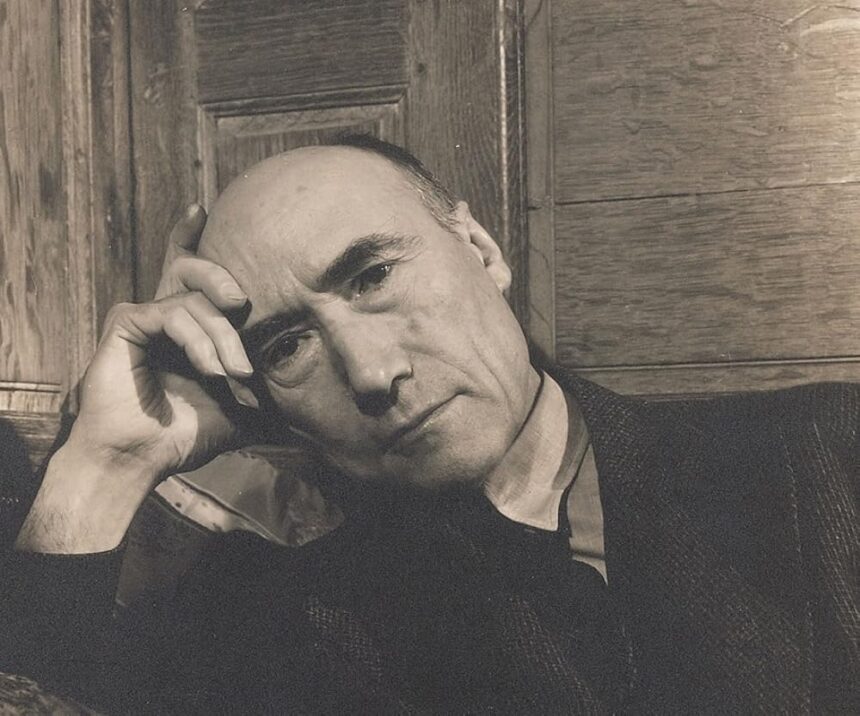Andre Gide (22 November 1869 – 19 February 1951) was a French author. He was awarded the Nobel Prize in Literature.
Life and Career
Andre Gide was born on November 22, 1869, in Paris, France. He was the only child of Paul Gide and Juliette Rondeaux. His father’s death in 1880 had a profound impact on Gide’s life. Gide grew up in a Protestant household, and his religious upbringing played a significant role in shaping his later philosophical and moral views.
Gide attended the Lycée Henri-IV in Paris, where he developed a passion for literature. Despite his interest in writing, he initially studied law at the Faculty of Law in Paris. However, Gide’s literary aspirations soon took precedence over his legal studies.
André Gide’s literary career began in the late 19th century with the publication of his first book, “Les Cahiers d’André Walter” (The Notebooks of André Walter), in 1891. His early works were heavily influenced by symbolism. He gained recognition for his novel “The Immoralist” (1902), which explored themes of morality and individual freedom.
Gide’s writing evolved over time, reflecting his intellectual curiosity and engagement with various literary and philosophical movements. He explored themes of sexuality, morality, and the search for authenticity in works like “Strait Is the Gate” (1909) and “The Counterfeiters” (1925). The latter is considered one of his major works, employing innovative narrative techniques.
Gide was an active participant in the intellectual and artistic circles of his time. He traveled extensively, including trips to Africa and the Soviet Union, which influenced his later works. Despite his early admiration for communism, he became critical of Soviet policies and distanced himself from Marxist ideologies.
In 1947, André Gide was awarded the Nobel Prize in Literature for his comprehensive contributions to French literature. His acceptance speech, “The Fruits of the Earth,” emphasized the importance of individual freedom and the pursuit of personal truth.
Andre Gide passed away on February 19, 1951, in Paris, at the age of 81.
Award and Legacy
Andre Gide’s literary achievements were recognized with several prestigious awards and honors throughout his career. One of the most significant accolades was the Nobel Prize in Literature, which he received in 1947. The Nobel Committee praised him for his “fearless love of truth and keen psychological insight” and acknowledged his contributions to French literature.
Gide was known for his innovative approach to literature. His exploration of narrative techniques and non-traditional structures, as seen in works like “The Counterfeiters,” had a profound impact on subsequent generations of writers.
Gide’s writings delved into profound philosophical and moral questions. He challenged conventional societal norms and explored themes such as individual freedom, authenticity, and the consequences of moral choices. His works often reflected his own internal struggles and questioning of established values.
Gide’s later works, influenced by his travels and experiences, included a critique of authoritarian regimes, particularly in the context of the Soviet Union. His willingness to reevaluate his beliefs and publicly criticize oppressive political systems demonstrated his commitment to intellectual honesty.
André Gide’s impact extends beyond his own writings. His role as a mentor and influence on younger writers helped shape the course of 20th-century literature. His legacy is evident in the continued study and appreciation of his works in academic settings.

